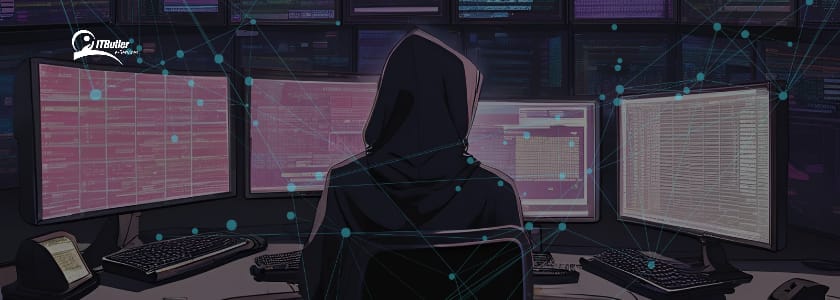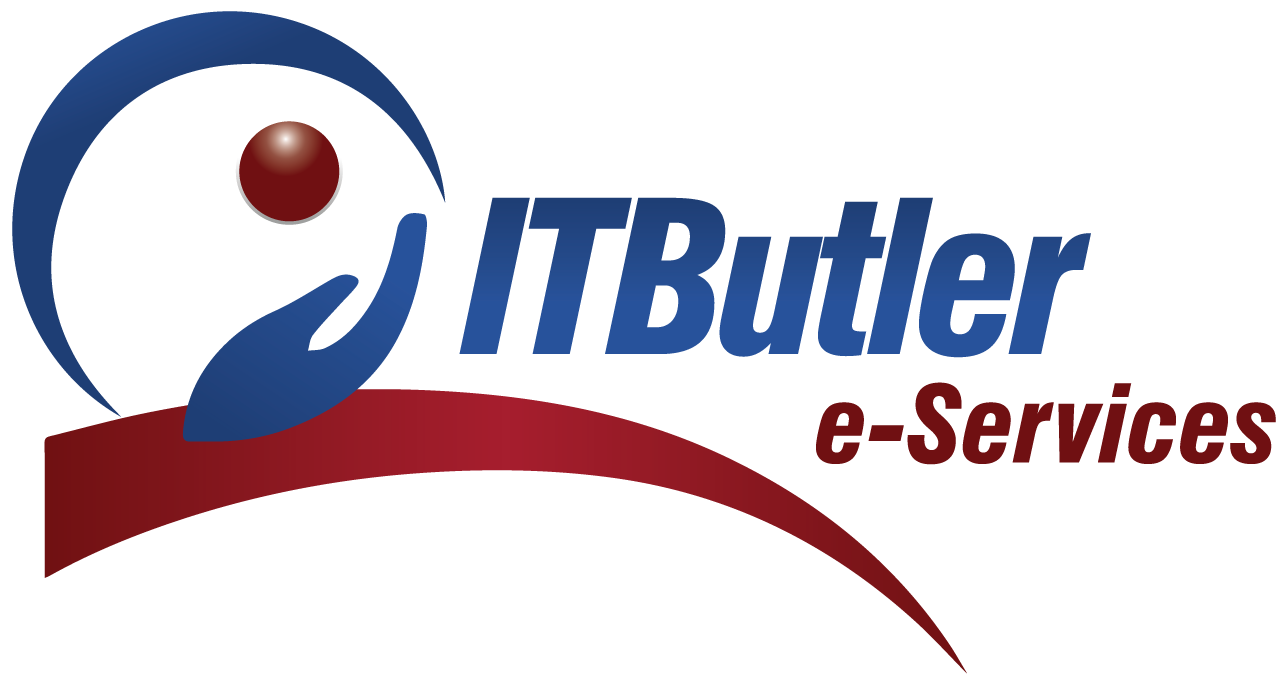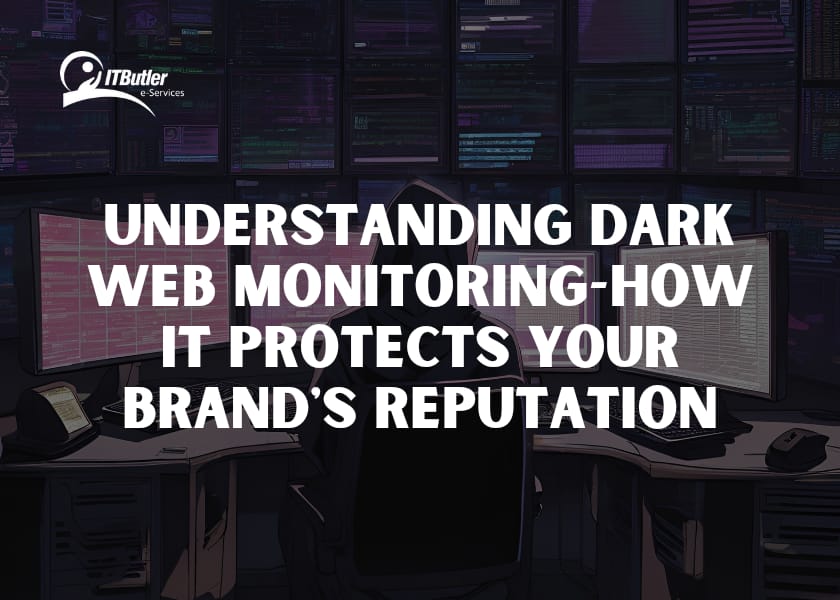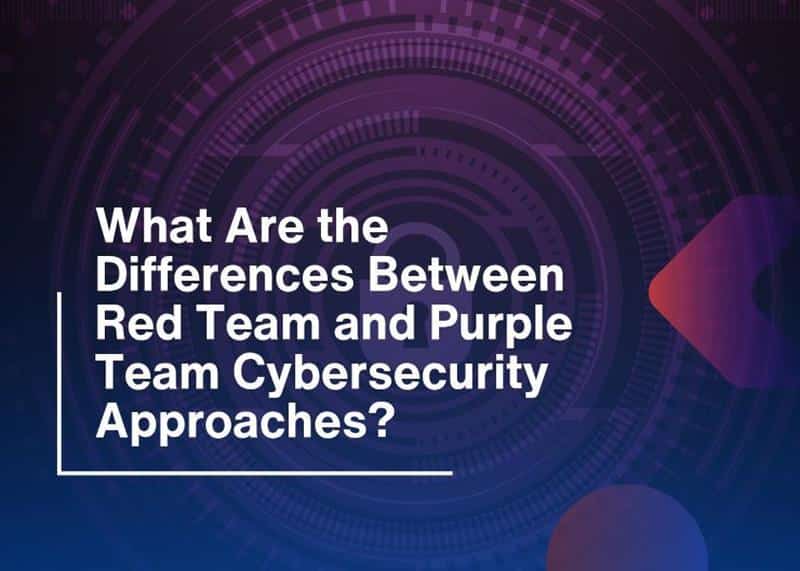What if someone from the dark web steals your product and sells it as their own? Shocked? Yes, it is possible. Everything from shopping to keeping up with personal information is done digitally today. But most of us know the bright side of the internet can you believe it has a darker side too? Yes, I am referring to the “dark web.” Therefore, this is the point where dark web monitoring comes into play.
It enables businesses to monitor these unknown locations to ensure their data is not negatively used. So, in this blog, we will discuss dark web monitoring and how it can protect your brand’s reputation.
What is the Dark Web Monitoring?
Dark web monitoring is a security service that monitors the hidden segments of the internet. However, it is for any indication if your company’s information is sold or shared on the black market. Moreover, it scans for:
- Stolen passwords
- Personal data
- Credit card numbers
- Sensitive information
- Login credentials
- Intellectual Property
- Company Documents
It’s quite similar to a security guard patrolling an unsafe neighborhood and ensuring no one sells information about you. Furthermore, once dark web monitoring tools detect something connected to your brand, they’ll alert you to prevent that damage.
Thus, it protects your brand’s reputation over a long-term period. Consequently, you will always stay ahead of cybercriminals to safeguard your reputation before things worsen.
What Exactly is the Dark Web?
What dark web is and how does it relate to your brand? Imagine the internet is like an iceberg. The websites we visit daily like Google, Instagram, or your favorite online store, are the tip of that iceberg. However, below the surface of these websites is the deep web. Thus, it is not visible to everyone but still basically normal. It contains:
- Private datasets
- Academic records
But the dark web? This is the part that goes even deeper down and it is quite hard to get there. Moreover, the dark web is accessed only through special software and keeps the person anonymous. All the illegal activities are performed here anonymously including:
- Illegal businesses
- Buying stolen data
- Sale of counterfeit goods
- Shady business deals
- Personal Data leakage
Of course, everything is not bad on the dark web but if your brand is found there, then it’s alarming.
Why Should Your Brand Care About the Dark Web?
You might be wondering what your brand has to do with the dark web. Let’s say you are operating a business and that all your customers trust you with all their personal information. However, what will happen if such information gets stolen or leaked?
However, once hackers hack your company’s sensitive information, they can list it on the dark web. Ultimately, this can severely damage your company’s reputation. Above all, the loss of customer’s trust is like trying to get toothpaste back in the tube. That is why protecting your brand reputation means regularly monitoring your dark web.
How does Dark Web Monitoring Protect your Brand’s Reputation?
1. Early Threat Detection
Imagine that someone has compromised your brand’s data. If you don’t monitor the dark web, you will never know until your customers start complaining or losing your trust. Thus, it would be too late by then.
Therefore, dark web monitoring is like an early warning system for you. It alerts you if your sensitive information hits the market or is discussed in corners of the internet. As a result, whenever the issue arises you will be able to act promptly according to the situation. Whatever it may be, like changing the passwords or shutting down the system in case of more leakage.
2. Protecting Customer Trust
Reputation is everything in business, right? First, your customers will trust that you can keep their private information safe.
However, if they read about your company in the news before joining the letter, trust disappears at the speed of light. Therefore, dark web monitoring gives you an upper hand in managing such a crisis. It makes you proactive, which means you are concerned about your customer’s security. On the other hand, being proactive instead of reactive works in the business world.
3. Protect your Intellectual Property
Some unique ideas and products make your brand different. Therefore, the most precious thing to you would be your intellectual property.
Whether they are the designs, patents, or those trade secrets that give you a competitive edge. Loss of any of these to the dark web will prove disastrous. Therefore, dark web monitoring helps by tracking mentions of your IP. If anyone tries selling or leaking your secret information online, you will know about it before real damage is done.
4. Minimizing the Chances of Fraud
The dark web is a playground for scammers, and guess who might be their next victim? Yes, it can be your brand.
Fraudsters may impersonate your company, steal all your financial information, or trick your customers. Therefore, monitoring can alert you to scammers trying to scam people in your name. Moreover, this allows you to take rapid actions such as informing your customers and deleting fake content. Thus, you can save your reputation this way.

How do You Begin Monitoring the Dark Web?
We know the importance of dark web monitoring, but how should you begin?
There are some tools and you can also hire third-party services to monitor the dark web for signs of trouble. Here’s a step-by-step approach to how to do it:
1. Identify your Assets
First, determine what kind of information needs protection. It may include you:
- Customer data
- Employee credentials
- Financial info
- Intellectual property
2. Setup Alerts
For the assets you’ve identified, it’s time to set up alerts that match your brand. If your company name or other data starts popping up on the dark web, you’ll be the first to know.
3. Act Quicker Than Light
When you do receive an alert, you must act immediately. This may include:
- Resetting passwords
- Notification to customers
- Cooperating with law enforcement
4. Stay Informed
Dark web monitoring isn’t a one-time process. Therefore, make sure you keep up with everything and review periodically to find out what is being flagged. Cybercriminals don’t have a holiday, so stay active.
Conclusion
The dark web might sound like something from a movie, but it is real, with serious threats to your brand. So, implementing dark web monitoring is not only about protecting the data that falls. But It’s also about the reputation of your brand, the trust of customers, and the future of a business.
We may not be able to eradicate the dark web, but monitoring its content allows us to take back the reins. So make it your brand’s secret weapon.
It’s like having your bodyguard, always ensuring that your reputation remains spotless and your customers feel safe. In the end, securing your brand from the dark web isn’t glamorous but it must be done.
FAQs about Dark Web Monitoring
-Is it possible to monitor the dark web?
Yes, you can make an account to monitor the dark web. This will alert you if your data has landed in breaches. Moreover, you may also search for data on the dark web associated with your e-mail address for monitoring.
-What are the risks of dark web monitoring?
Although monitoring can help a business a lot, it also has some challenges:
- False alerts
- Incomplete coverage of the dark web
- Limited control over removing stolen data
- Cost of monitoring services
- Over-reliance on monitoring tools for security
-How do I know if I am on the dark web?
In this case, you can also search for a free dark web scanner or hire a third party to check it for you.
-What are the common crimes on the dark web?
These are the general illegal activities on the dark web:
- Buying stolen data
- Sale of counterfeit goods
- Shady business deals
- Illegal businesses
- Personal Data leakage





